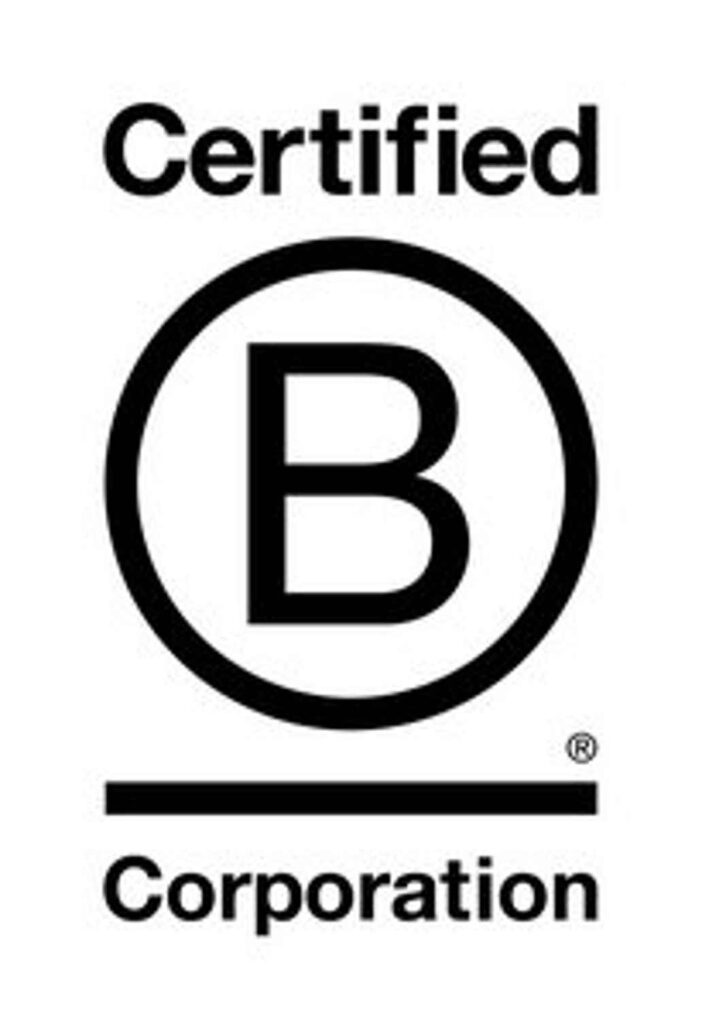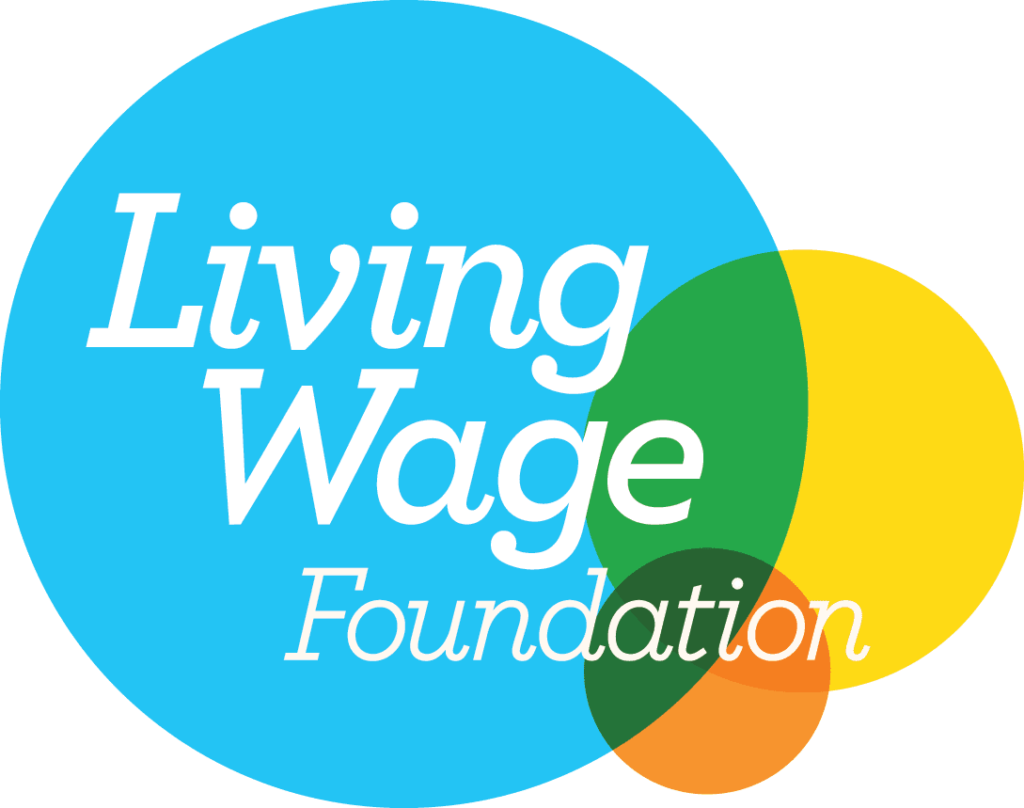Several weeks ago, the Parliament of Australia passed a contentious law that will dramatically increase the cost of studying several subjects at university. Under the changes, fees for humanities and social sciences degrees will soar, while ‘job-relevant’ courses like nursing, mathematics and teaching will become cheaper. Communications will be one of the hardest hit courses with fees increasing by 113 per cent.
These changes demonstrate a regression in freedom of choice, equal opportunities and inclusion in Australia. They also highlight double standards operating in our political system. What’s more, the controversy over the aptly named ‘Job-ready Graduates Package’ is distracting us from the elephant in the room; many young people don’t feel prepared for work.
Hobson’s choice
In 1908, Henry Ford famously said, “Any customer can have a car painted any colour he wants, so long as it is black.” In 2020, Education Minister Dan Tehan said, “From next year, students will have a choice [but] their degree will be cheaper if they choose to study in areas where there is expected growth in job.”
It’s easy to see the similarities between these two statements. Yet only one was engineered by those in power to suit an economic agenda. Sadly, it’s not the statement from over a century ago.
Unequal opportunities
Unfortunately, the government is not talking about an extra few hundred dollars for courses including communications. It’s talking thousands. Young people have three options: find a way to pay the extraordinary fees, opt for another – cheaper – course or miss out on university altogether.
Universities already struggle with disproportionately attracting students from higher socio-economic backgrounds. The worry is that this hike in fees will simply push students from alternative socio-economic backgrounds further away from our industry. One that already has a significant lack of diversity.
Remember #scottyfrommarketing?
Incredibly, our last five prime ministers achieved eight bachelor’s degrees in humanities between them. Subjects – ranging from economic geography to law – that nurtured strong communication, problem solving, critical thinking and teamwork skills. Scott Morrison himself spent time in marketing roles prior to being elected to run our country.
If this isn’t testament to the ‘job-relevancy’ of skills nurtured through social sciences and humanities I don’t know what is.
Our young people need guiding, not herding
What’s just as concerning, however, is the fact that many young people are anxious about entering the workforce. Impact platform, Ripple, runs workshops with young Australians, addressing issues of youth underemployment as well as community and civic disengagement. In its most recent workshop, 43% of participants said they don’t feel prepared for work, while another 29% don’t know what to expect when they get there.
Last month’s federal changes highlight systemic issues that persist within our institutions. Through a law that rests on double standards the government is herding our young people down educational paths that it believes will fulfil an economic agenda. All without asking young people how they feel or considering whether these cheaper, ‘job-relevant’ courses will give them the soft skills they need to feel prepared and equipped.
It begs the question, why should the government be allowed to interfere so grossly with the future of our young people?
Catalyst for change
Having spent almost ten years building my career in communications, it’s evident to me that soft skills aren’t always given the credit they deserve. Yet they play a vital role in setting us, and our economies, up for success. In reality, you’re unlikely to have strong services, leadership or culture unless people know how to connect with others. And growing resilient businesses becomes near impossible if people don’t know how to debate, challenge and reconcile.
The communications industry has taken a hit this year and being labelled ‘irrelevant’ is a further blow. These changes should serve as a catalyst for even more focus on diversity and inclusion in our industry.
It’s not about getting mad. It’s about making things even within our recruitment practices, hiring policies and training programmes. Communications leaders should prioritise attitude, aptitude and work ethic when making entry-level hires. We need to start with people, not their degrees, because much of our industry’s next generation simply won’t be able to afford one.










